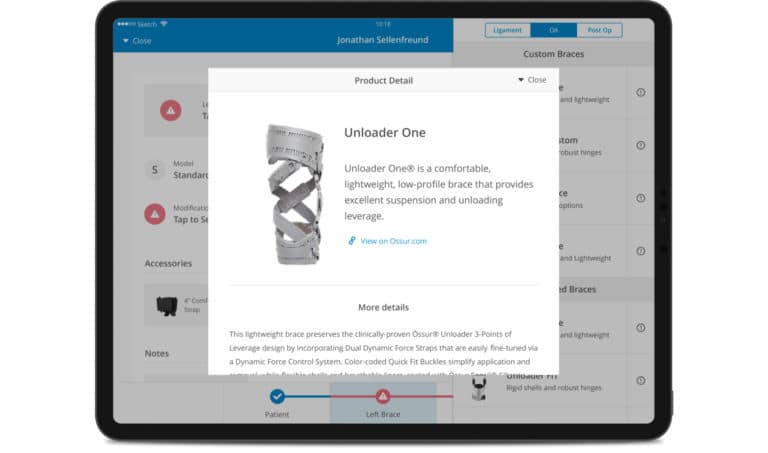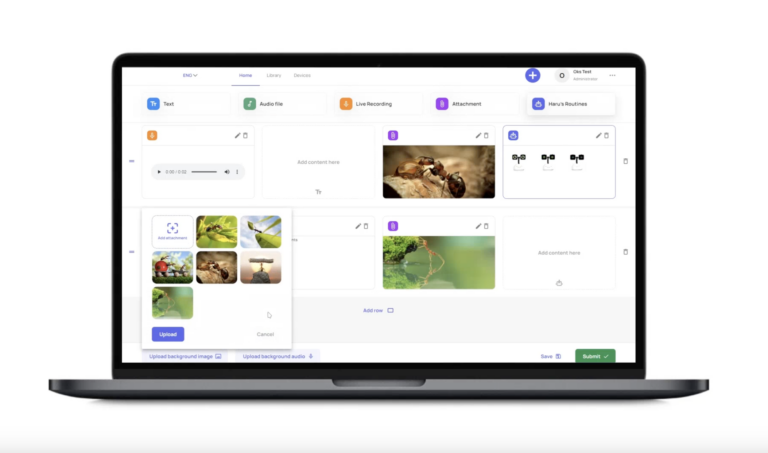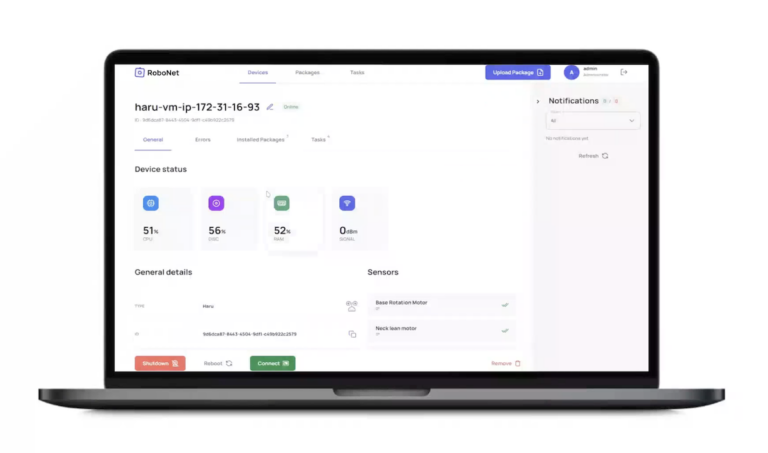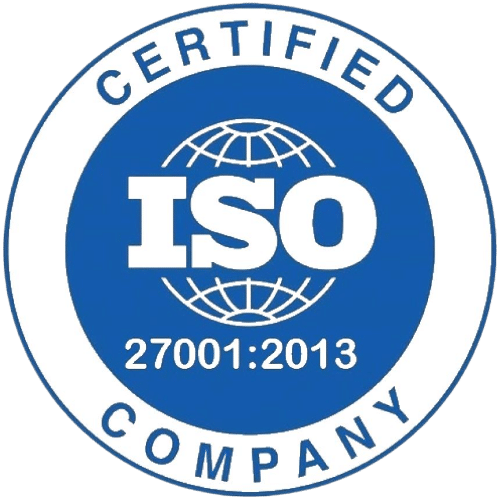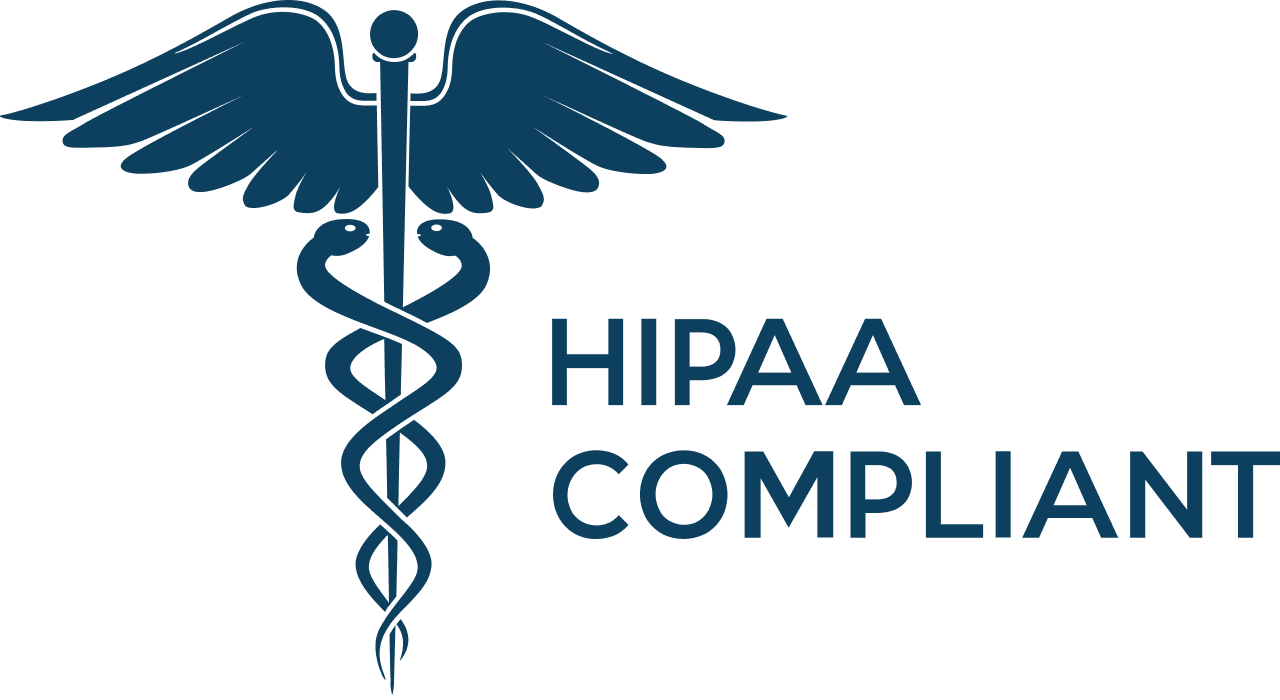The Experts’ Guide to Property Portfolio Management Software
In 2023, the global real estate market’s value was $613 trillion, and projections suggest it will reach $729.40 trillion by 2028. As investments in real estate have been steadily climbing, today’s investors and industry professionals seek more sophisticated tools to work with. Thus, it’s no shock that property management software development is set to grow from $24.18 billion in 2024 to $50.79 billion by 2032. There is a sound reason behind this growth. A recent survey showed that nearly 60% of property managers are confident that property portfolio management software can greatly reduce operational costs and increase profitability. And we can confirm – they are absolutely correct!
Think about the potential of launching your own property portfolio management tool? An expert article from Relevant guides you to develop a fitting product.
200+ companies from 25 countries outsourced software development to Relevant
We provide companies with senior tech talent and product development expertise to build world-class software. Let's talk about how we can help you.
Contact usTable of Contents
What is Property Portfolio Management Software?
In simple terms, property portfolio management software is like an all-purpose tool for anyone who owns, manages, or works within a real estate firm. It’s a single platform where you can keep an eye on and manage everything related to your properties—be it money matters, day-to-day operations, or paperwork. What’s more, it doesn’t matter if you juggle a few apartments or an entire block of offices; this software adjusts to handle any property size or type you have, tailoring itself to fit your specific management needs.
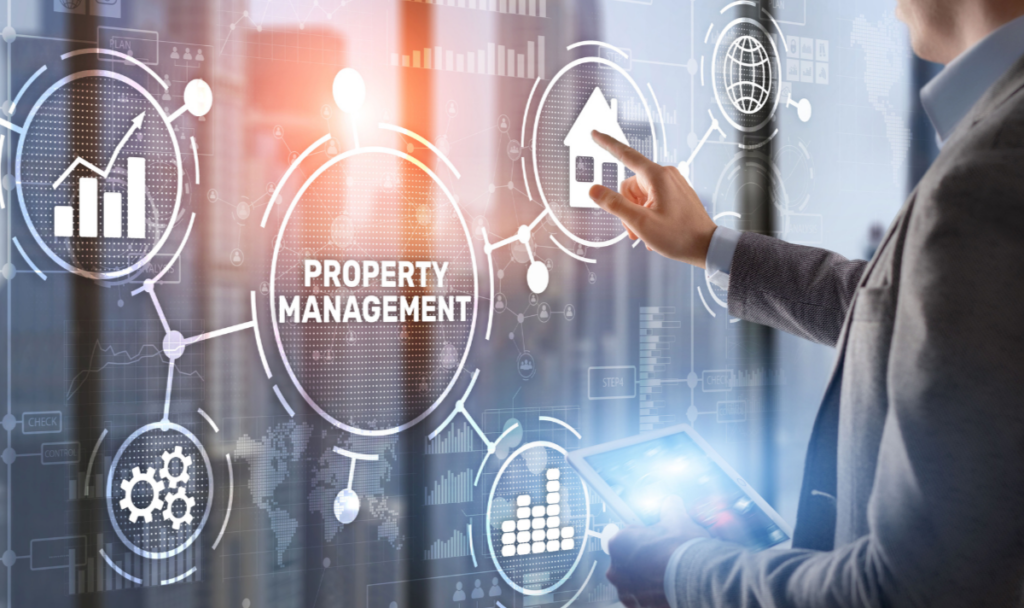
Benefits of Usage a Property Portfolio Management Software
When you manage multiple properties, you need to stay organized and make informed decisions. Property portfolio management software serves this purpose and offers:
Streamlined Operations
First off, this software makes your daily tasks much simpler. Reflect on all the time-consuming activities such as rent payment tracking, maintenance request management, and tenant detail updates. It’s hard work, isn’t it? Yet, thoughtful property portfolio management software remarkably automates these processes. This means you can handle your tasks more quickly and with fewer errors, and it leaves you more time to focus on other important aspects of your business.
Enhanced Decision Making
Good decisions rely on good data, you know it. Perfect property portfolio management software gathers and organizes data about your properties and tenants. It can show you trends, like which properties are most profitable or where you spend the most on repairs. With this information on your dashboard, you can make choices based on solid data rather than guesses, leading to much better outgrowths for your business.
Improved Tenant Relations
As you can guess, delighted tenants are essential for a successful property management business. Thoroughly developed property portfolio management software helps improve connection with tenants through features like online portals where tenants can pay rent, request maintenance, and communicate with you directly. It makes life easier for your tenants and improves their overall satisfaction, which ultimately promises a more profitable business.
Increased Financial Performance
Ultimately, the goal of any tool in property management is to boost the bottom line. By making operations more efficient, the best property management portfolio software aids in smarter decisions and improves tenant retention. Moreover, it helps you identify areas where you can reduce costs and increase revenue, which directly contributes to your financial performance.
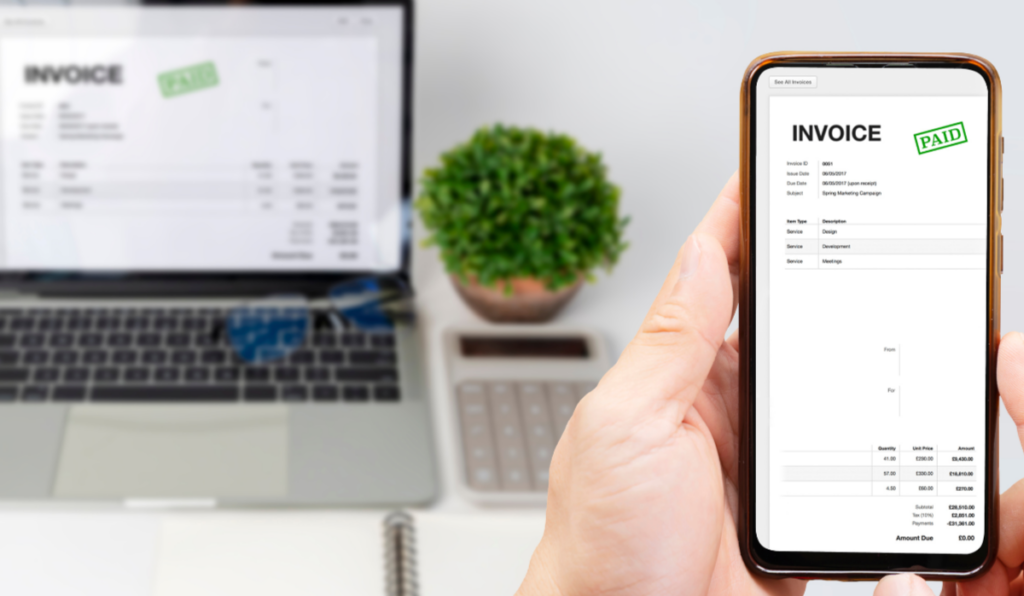
Custom Property Management Software Development vs SaaS Software for Property Management
When it comes to property management, you have two main options: to develop custom real estate property management software tailored just for your needs or to subscribe to a Software as a Service (SaaS) solution that’s ready to use. Let’s break down the differences and benefits of each option in a table.
| Feature | Custom Property Management Software Development | SaaS Software for Property Management |
| Fit | Tailored to exact needs, accommodating specific property types and workflow processes. | General fit, it might not meet all unique needs but covers a wide range of standard features. |
| Scalability | Can be scaled and adapted as your business grows, without the limitations of off-the-shelf software. | Generally scalable, though dependent on the SaaS provider’s offerings and limitations. |
| Integration | Developed to seamlessly integrate with existing systems (e.g., accounting, CRM). | Limited by available integrations; may not seamlessly connect with all existing systems. |
| Cost | High initial investment for design, development, and testing. Ongoing costs for maintenance and updates. | Lower initial cost with monthly or annual subscription fees. Includes maintenance and updates. |
| Time to Launch | Longer development time; could be months before it’s ready to use. | Quick setup; can be ready to use in a matter of days. |
| Maintenance | Requires a dedicated IT team for maintenance, updates, and security. | Handled by the provider, that reduces the need for a large IT team. |
| Customization | High degree of customization to meet specific needs. | Offers some customization options but within the confines of the software’s capabilities. |
| Ongoing Costs | Costs associated with updates, maintenance, and scaling. | Subscription fees represent a continual expense that may rise as time passes. |
| Dependence | The high degree of customization to meet specific needs. | Dependence on the SaaS provider for uptime, updates, and security. |
Your final decision should line up with your business strategy, technological needs (and possibilities), and financial constraints to ensure the software solution effectively supports your property management objectives.
Related – The Full Guide to Real Estate Management Software Development (+ Case Study)
How to Build Property Portfolio Management Software
To create property portfolio management software, an understanding of what property managers and owners need is necessary. To get you up to speed, we will briefly describe each step.
Design Your Property Portfolio Management Software
The development of property management portfolio software begins with a thorough planning and design phase.
Architectural Considerations
When you build your software, one of the first decisions you’ll face is to choose between a cloud-based solution and an on-premise one. Both options have their merits, and your choice will impact scalability, security, and compliance.
Cloud-based vs. On-premise Solutions
Cloud-based commercial property management software is hosted on servers managed by a third party and accessed over the Internet. This setup is generally more flexible and easier to scale. On-premise solutions are hosted on your own servers and give you more control over the data and security. However, scaling them can pose more challenges and demands substantial upfront investment in infrastructure.
Scalability, Security, and Compliance Needs
Your portfolio property management software must be able to grow with your business. This means that the design should be so that adding new properties or functionalities does not cause performance issues. Security is another critical consideration; your software will handle sensitive user data that requires robust protection measures. Compliance with industry regulations and standards must also be considered in your design to avoid legal issues.
Always align your architectural choice with your long-term business goals. For instance, if you anticipate rapid growth or need to ensure accessibility from multiple locations, cloud-based solutions might be more beneficial.
Vadim Struk, product manager at Relevant Software
User Experience (UX) Design
The success of your portfolio property management software also hinges on its usability. An intuitive design and easy navigation can significantly enhance user satisfaction and adoption rates.
Importance of Intuitive Design and Navigation
The layout should be straightforward, making it easy for users to find what they seek without extensive training. A well-designed dashboard that provides a quick overview of their portfolio’s performance can be particularly useful for property managers.
Include Potential Users’ Feedback in the Design Process
Early engagement with potential users during the design process offers valuable insights into their needs and pain points. This feedback can guide the development of your software, ensuring it meets the real-world needs of users. Consider beta testing with a group of property managers and further incorporate their input to refine the user experience.
Conduct usability testing early and often. This allows you to identify and address any design issues before they become problematic and ensure your software not only meets but exceeds user expectations.
Vadim Struk, product manager at Relevant Software
Core Features to Include
Property management software should offer a comprehensive suite of features to streamline your operations. Here’s a breakdown of some essential functionalities:
- Property and Tenant Management
This includes tools to keep track of property details like addresses, sizes, and amenities, as well as a tenant database for their contact information, lease details, payment history, and interactions. Essentially, it organizes all key data about properties and the people living in them.
- Financial Management and Reporting
Integrate accounting tools to manage rent collections, expenses, and financial records smoothly. This feature should offer payment processing options for tenants and generate detailed financial reports for landlords, making it easier to monitor the financial health of their properties.
- Maintenance and Work Order Management
Establish a system to schedule maintenance work, track progress, and manage repair orders efficiently. This ensures that property issues get resolved promptly, keeping tenants happy and properties in good condition.
- Integration Capabilities
Ensure the software can easily connect with other real estate tools like CRM systems, accounting software, and more through APIs and third-party integrations. This interoperability helps streamline various aspects of property management by allowing different applications to communicate and share information seamlessly.
- KYC for a Tenant
Before concluding a deal with a new tenant, ensure to include a feature to check their background. This is essential to verify a tenant’s reliability and ensure they have a history of responsible renting.
- Document Generation
Provide the ability to create lease agreements and other necessary documents using pre-defined templates filled with data from tenants or landlords. This automation saves time and ensures consistency across all documentation.
- Self-inventory
Offer a checklist for all items within a property, such as appliances and furniture. This checklist should be completed by tenants or landlords when they move in or out to record the condition of these items, which facilitates smoother transitions and accountability for damages.
Incorporate these core features into your property management accounting software to streamline the management process and enhance the efficiency of handling properties, from the financial aspects to tenant relations and maintenance.
Your next read – Reasons to Have a Chatbot in Real Estate
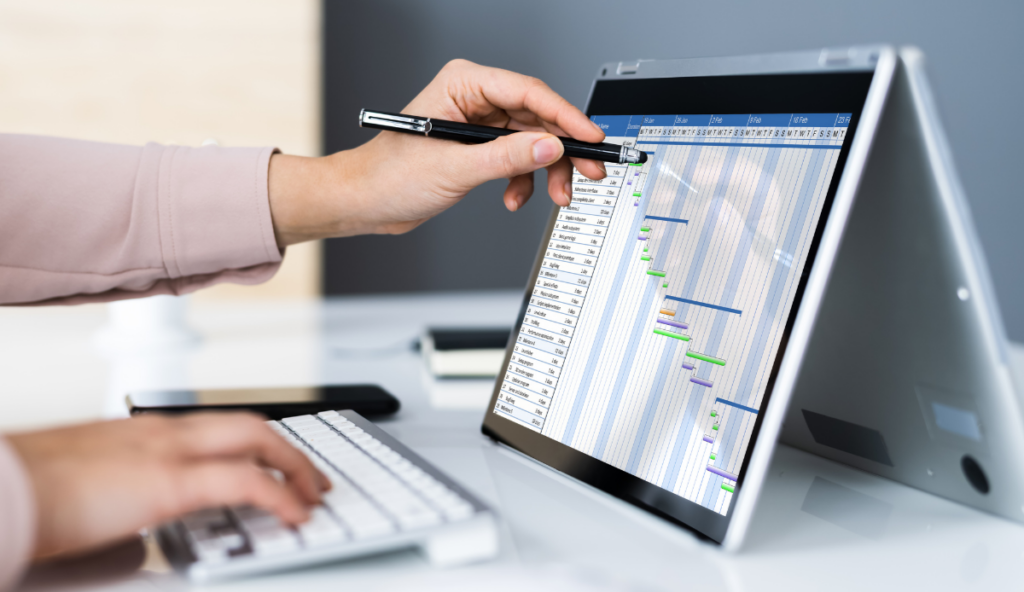
Development and Testing
This phase is where an abstract idea turns into a concrete software product. And here, try to apply recognized IT practices like Agile to substantially alter the project’s success path.
Agile is a flexible, iterative approach to software development. It allows for continuous feedback and adjustments throughout the development process rather than following a fixed plan. When you deliver small, functional parts of the application in cycles, your property management portfolio software achieves a quicker time to market.
Choose the Right Technology Stack
In property management software development, the mix of programming languages, frameworks, and databases you choose is key to your application’s performance and ability to grow.
| Feature | Technology Choice |
| Frontend | React, Angular, Vue.js |
| Backend | Node.js (Express.js), Python (Django) |
| Database | PostgreSQL, MongoDB |
| Authentication | OAuth, JWT |
| Payment Integration | Stripe, PayPal |
| Cloud Hosting | AWS, Google Cloud |
| Security | SSL, Firewall |
| Real-Time Data | WebSocket, Firebase |
| Reporting and Analytics | PowerBI, Tableau |
| Third-Party Integrations | RESTful APIs, GraphQL |
Consider your immediate needs and where you want your project to be in the next five years. Opting for a technology stack that has strong support and is future-oriented can prevent expensive rewrites.
Vadim Struk, product manager at Relevant Software
Test Your Software
Testing is critical to ensure your software is reliable and user-friendly. Here’s a table of how it breaks down:
| Testing Type | Description | Tools/Methods |
| Unit Testing | Tests individual components or functions of the software for correctness. | JUnit, NUnit |
| Integration Testing | Ensures that different modules or services of the application work together correctly. | Selenium, Postman |
| System Testing | Verifies the complete and integrated software to ensure it meets the specified requirements. | QTP, LoadRunner |
| Security Testing | Identifies vulnerabilities, threats, and risks in the software application. | OWASP ZAP, Nessus |
| Performance Testing | Checks the software application’s performance under specific conditions. | LoadRunner, JMeter |
| User Acceptance Testing (UAT) | Conducted with real users to ensure the software meets their needs and is ready for deployment. | Beta testing, User feedback |
| Compatibility Testing | Ensures the software performs well across different devices, browsers, and operating systems. | BrowserStack, Sauce Labs |
| Regression Testing | Confirms that recent program or code changes have not adversely affected existing features. | Selenium, TestComplete |
Automate your testing process where possible. Automated tests can run frequently, cover more ground in less time, and detect issues early. However, don’t overlook the value of manual testing, especially for UAT, to capture the nuanced feedback that automated tests might miss.
Vadim Struk, product manager at Relevant Software
Launch Your Software
This stage transitions your project from a concept to a live tool that can start making an impact.
Before you launch your property management accounting software, there’s a checklist you need to go through to make sure everything’s set. This includes doing security checks to find and fix any weak spots because you want to keep user data safe. Also, you’ll need to test how the software handles a lot of users at once to avoid any crashes or slowdowns when it goes live.
Don’t rush the launch. Take time for a beta test phase with a select user group to catch any unforeseen issues and gather valuable feedback for a smoother public release.
Vadim Struk, product manager at Relevant Software
Post-Launch: Maintenance and Upgrades
After you launch your commercial real estate property management software, the job isn’t finished. You’ll need to set up a system to help users with any issues they might run into (this could be a ticketing system or a help desk). This means having a team ready to answer questions and fix problems quickly. Also, it’s smart to have a plan for future updates (this could be new features users ask for or improvements based on feedback). The up-to-date software will run smoothly and keep your users happy and coming back.
Implement a structured feedback loop with your users. This can guide your upgrade roadmap, prioritizing features and improvements that offer the most value to your user base.
Vadim Struk, product manager at Relevant Software
Our Case Studies
Picking the right team with the tech skills and know-how is essential for nailing a property management portfolio software project. The good news is that we at Relevant Software have a track record in real estate software development to support your objectives. Here is a brief description of two of our successful projects:
Bidly
Bidly is an online rental platform that allows property owners, whether they manage one or many homes, to effortlessly post ads and oversee rental income. Tenants, in turn, can easily find and rent apartments online with hassle-free payments.
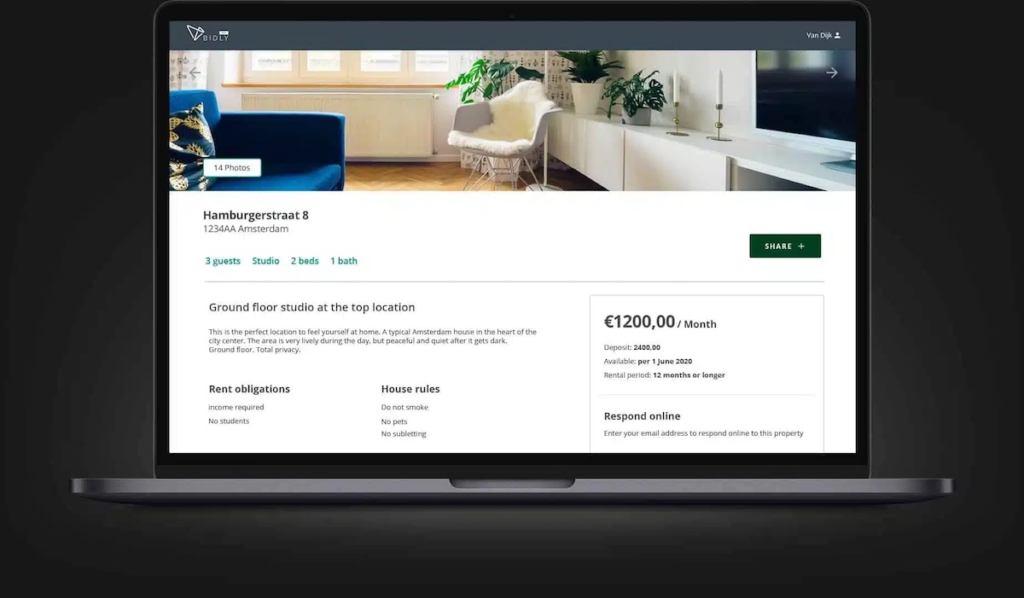
The main hurdles we faced were a broken project build and Docker setup, which initially prevented us from running the project locally for development. Our front-end developer modernized the solution with material design elements, while the back-end developer addressed configuration issues, creating a tutorial for project setup and a stable CI/CD pipeline. Features we added include online application submission for renters and the ability for homeowners to manage applications, set rental terms, and handle payments.
Bidly now has an updated look and simplified setup that will make future development smoother. Pleased with our work, the client engaged us for another product’s full-cycle development.
First Home Coach
FirstHomeCoach, a fintech company from the UK, guides buyers through the maze of buying a home, from securing a mortgage to managing legal paperwork. They need a custom algorithm to personalize the buying journey with top-notch data security.
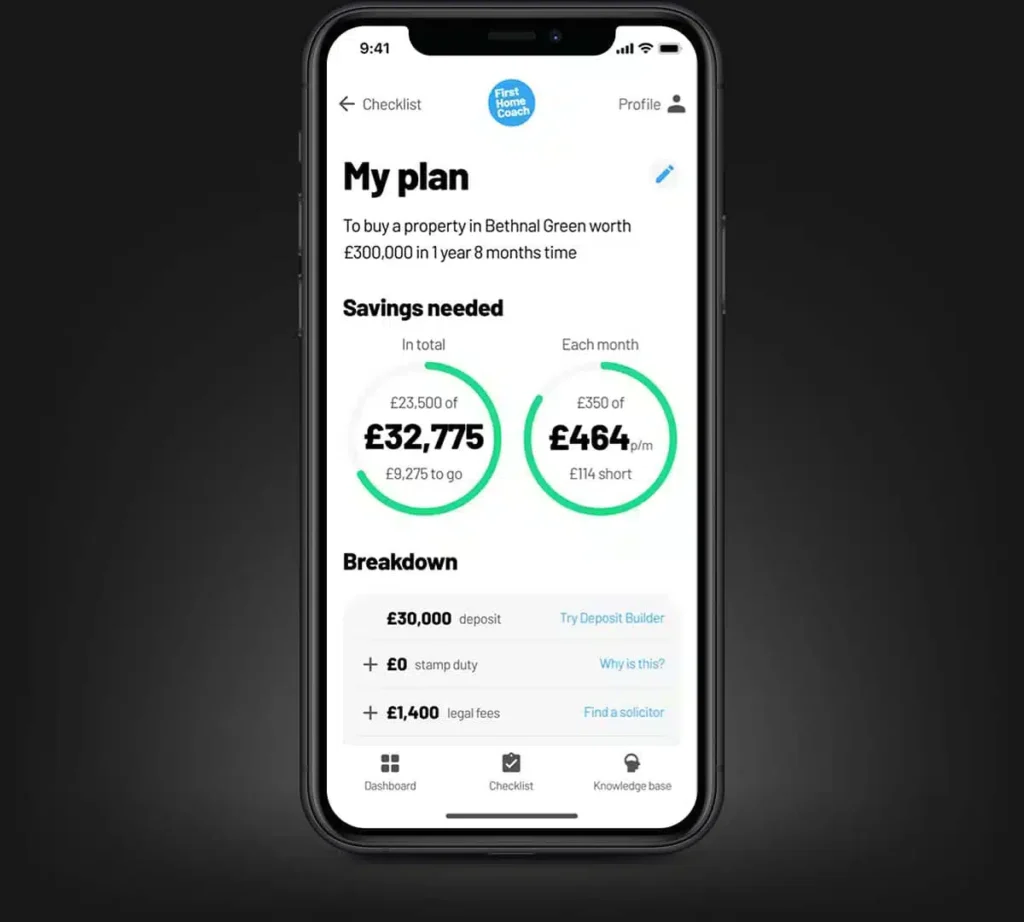
For this project, we handpicked a technology stack, crafted the app’s blueprint, and developed the entire framework from the ground up, with a keen focus on security and user engagement. As a result, the client received a robust application with a solid framework and a customized recommendation engine for tailored property buying experiences. Additionally, the app includes a mortgage calculator and a deposit savings planner.
Related – Building Digital Mortgage Software: Actionable Tips and Case Study
Build Property Portfolio Management Software with Relevant
To build the right software for your needs, you’ll want a reliable partner who knows both tech and real estate inside out and who will delve into all your business pain points. And we are sure that Relevant Software experience is exactly what you need to develop a solution that will suit your business context perfectly.
Are you eager to build your bespoke property management system? Contact us, and we can discuss the specifics together!
Our core services:
Do you want a price estimate for your project?
Do you know that we helped 200+ companies build web/mobile apps and scale dev teams?
Let's talk about your engineering needs.
Write to us